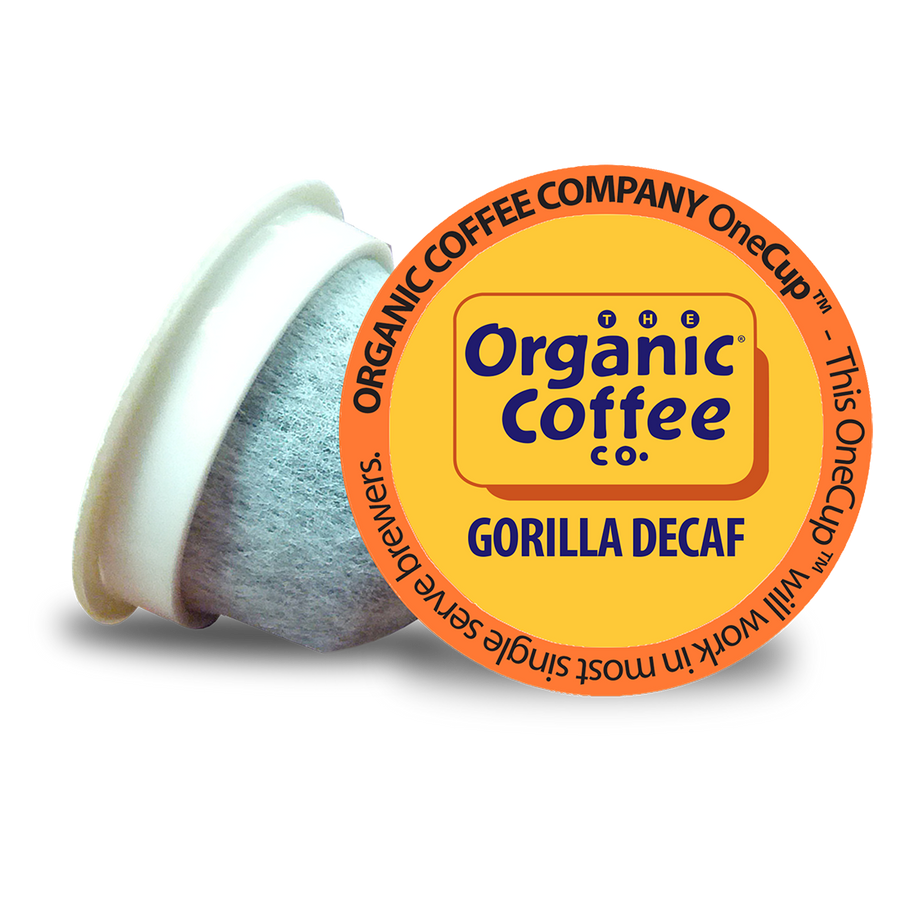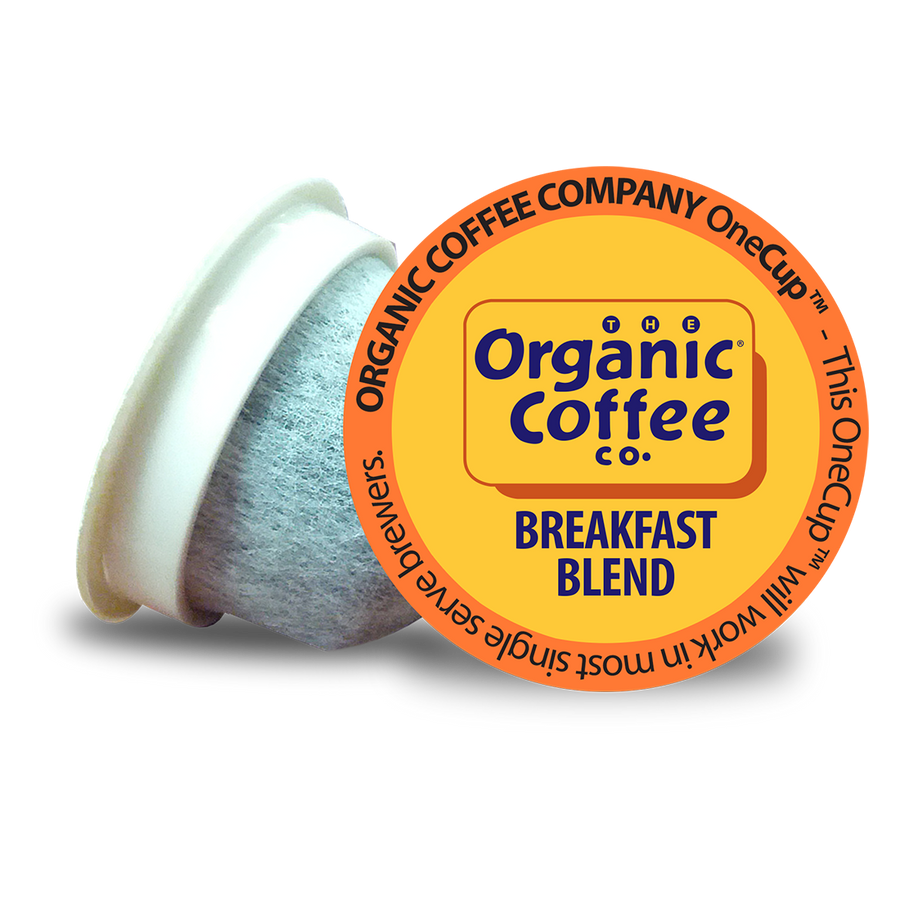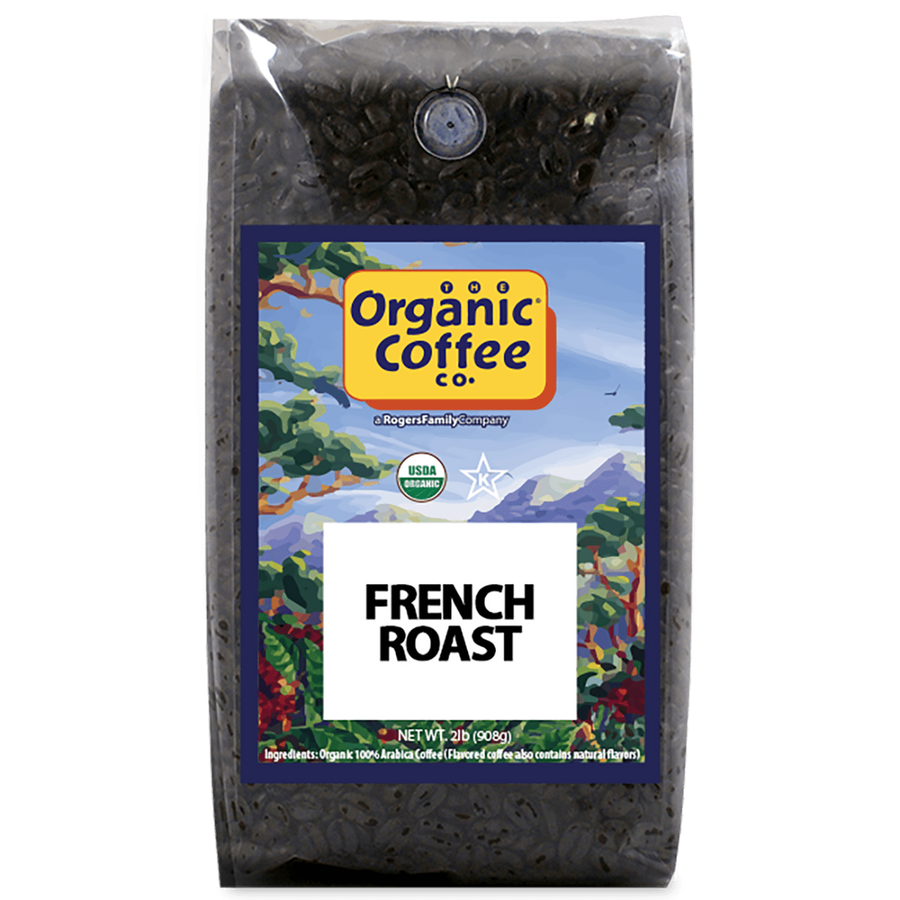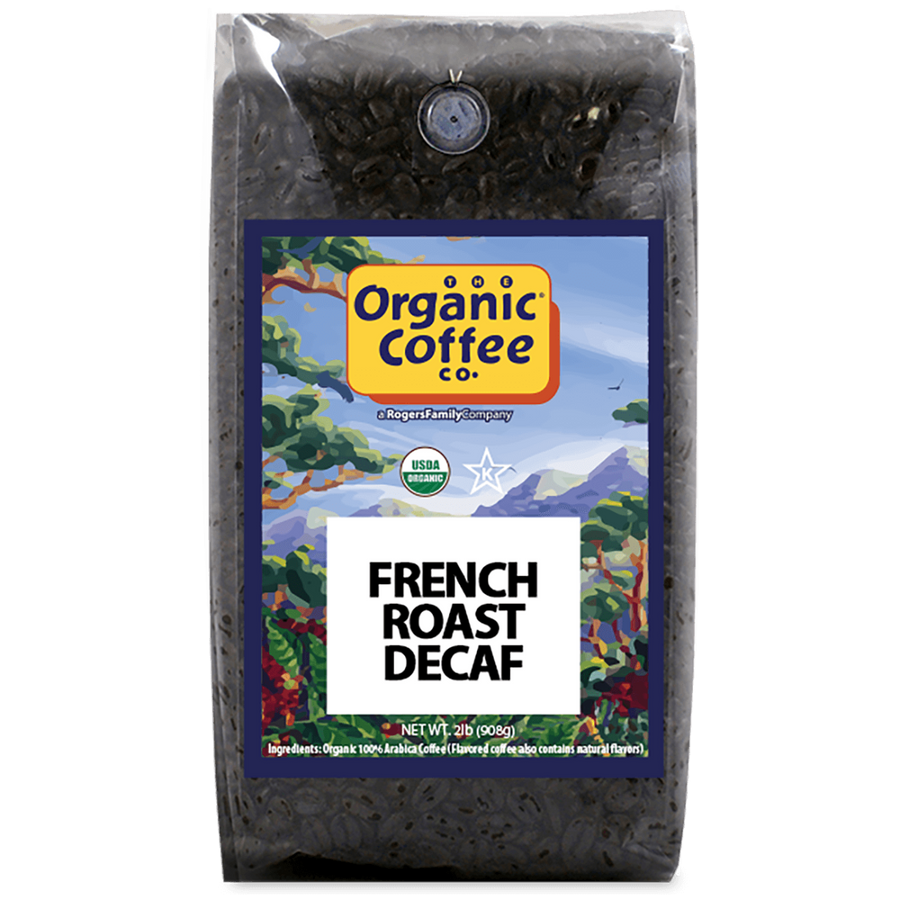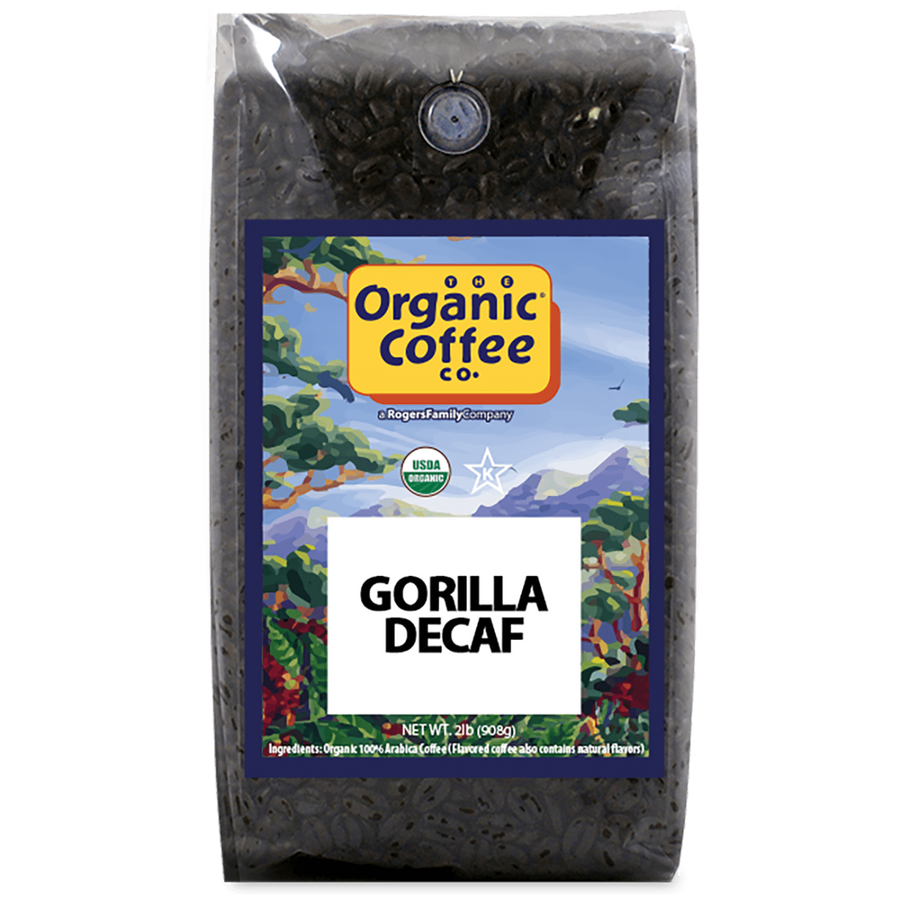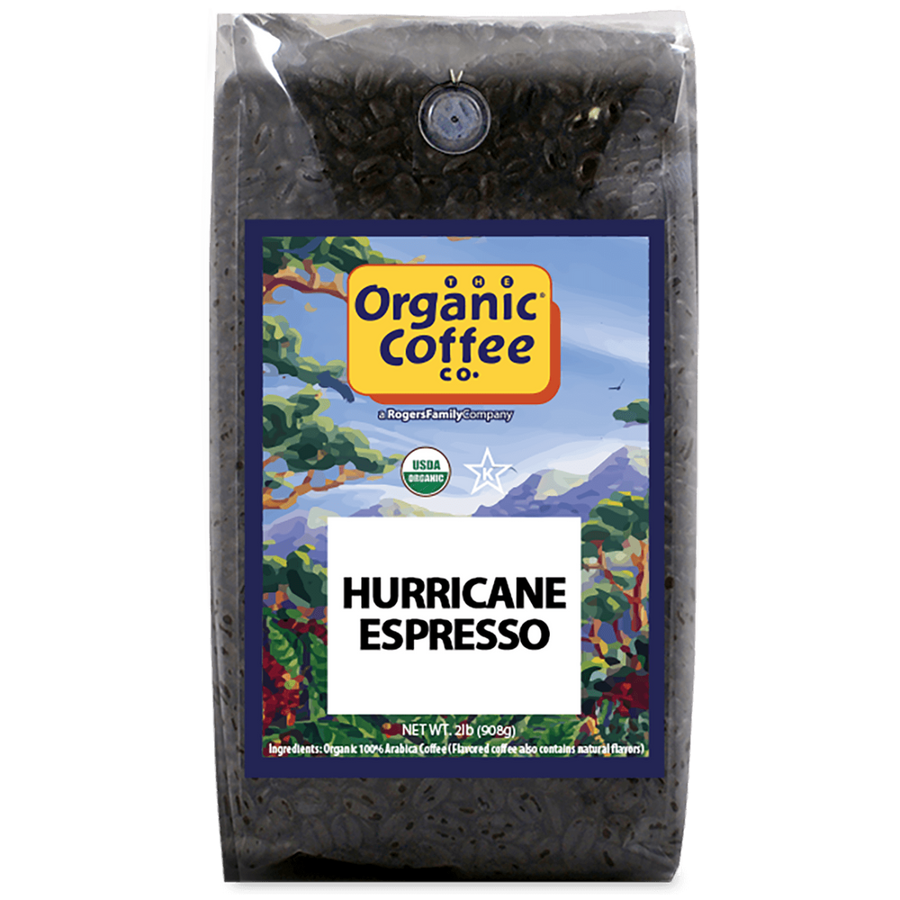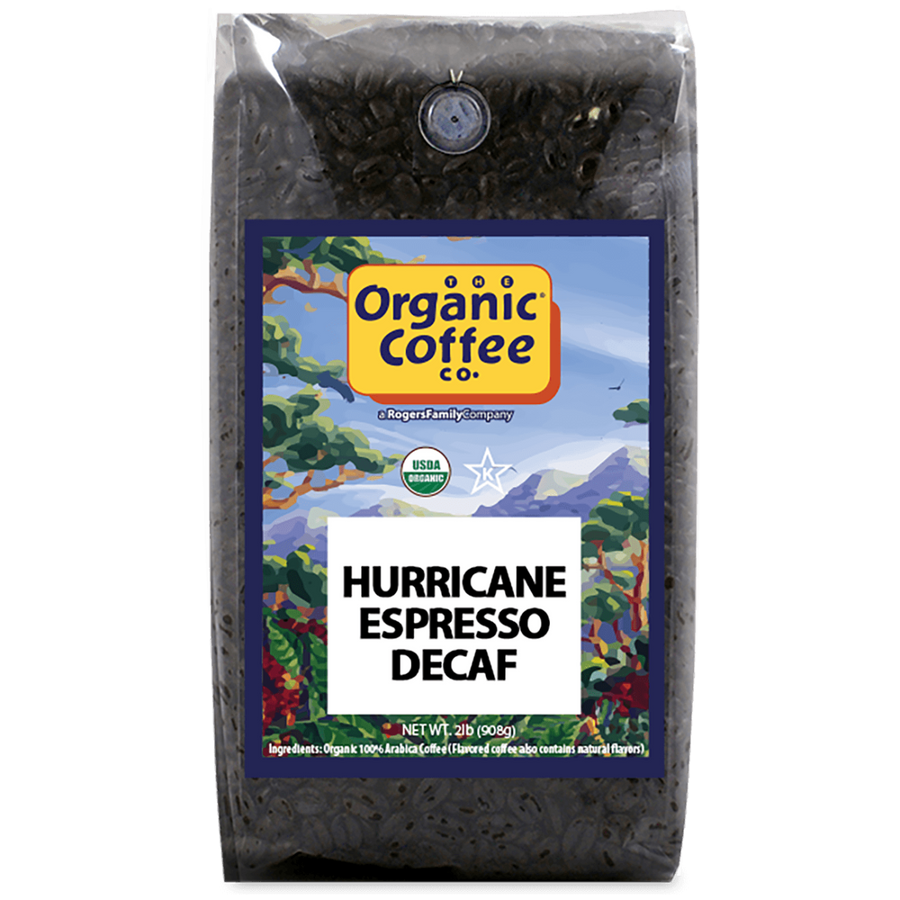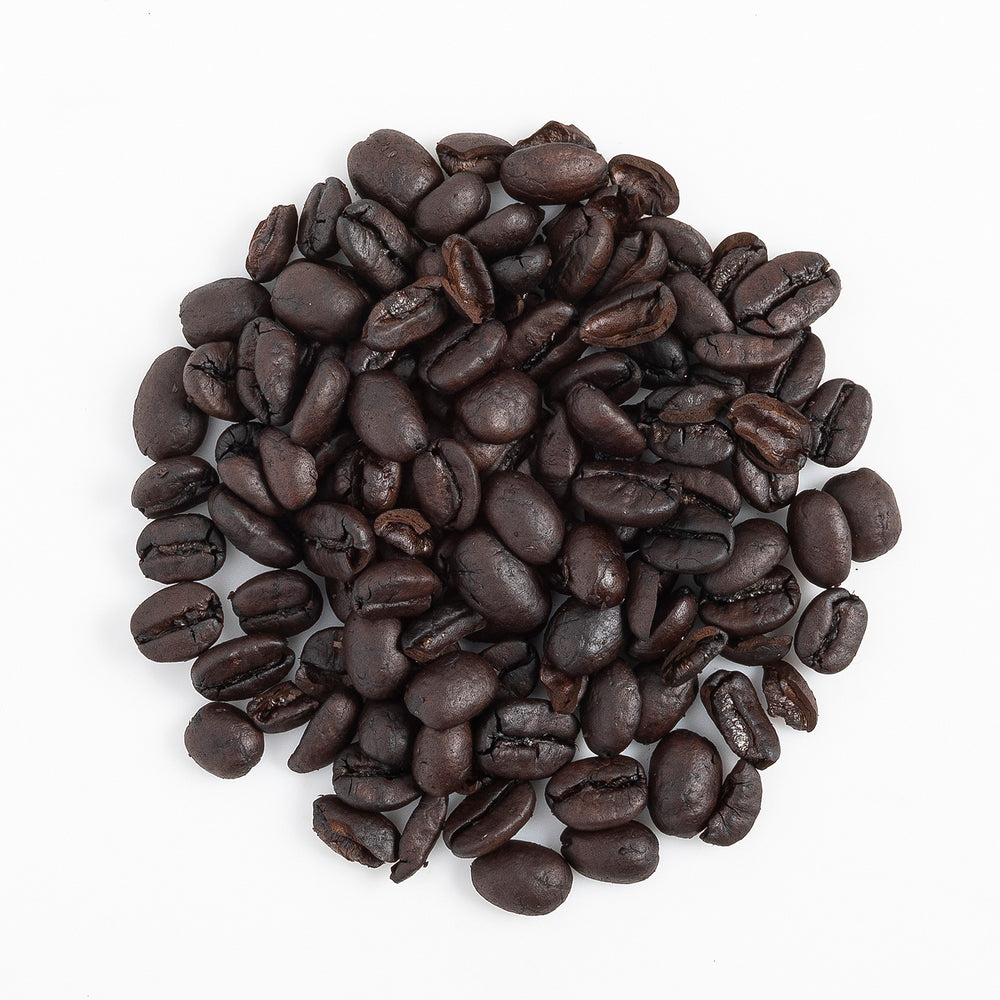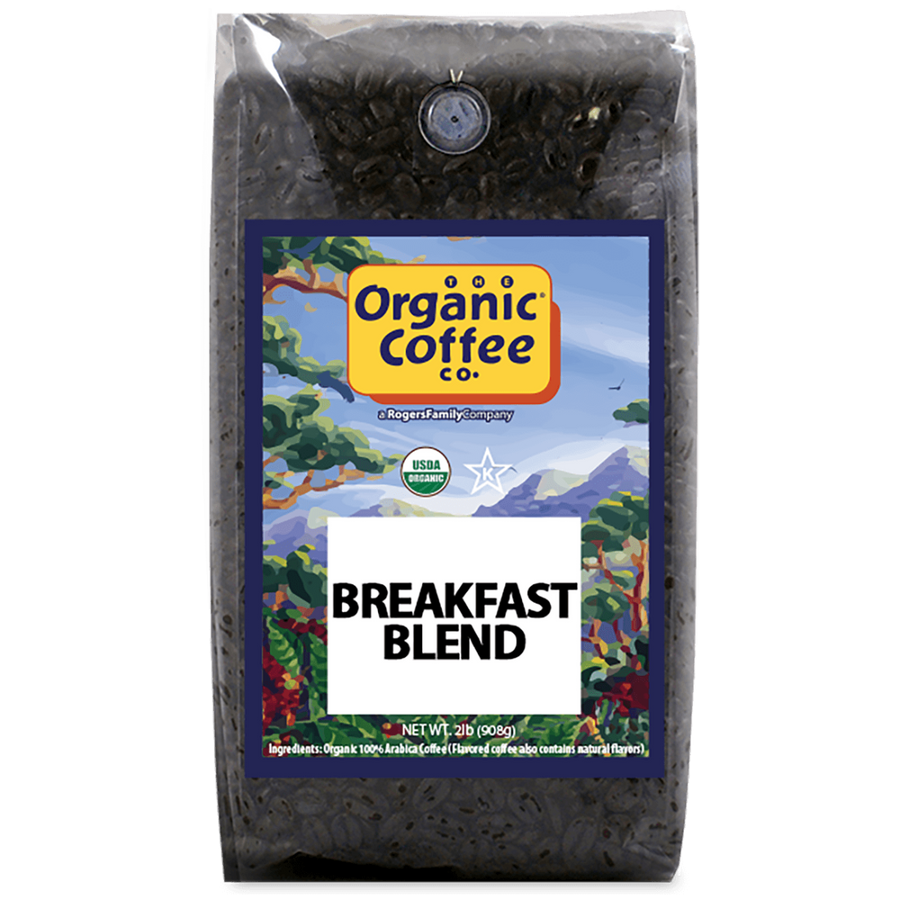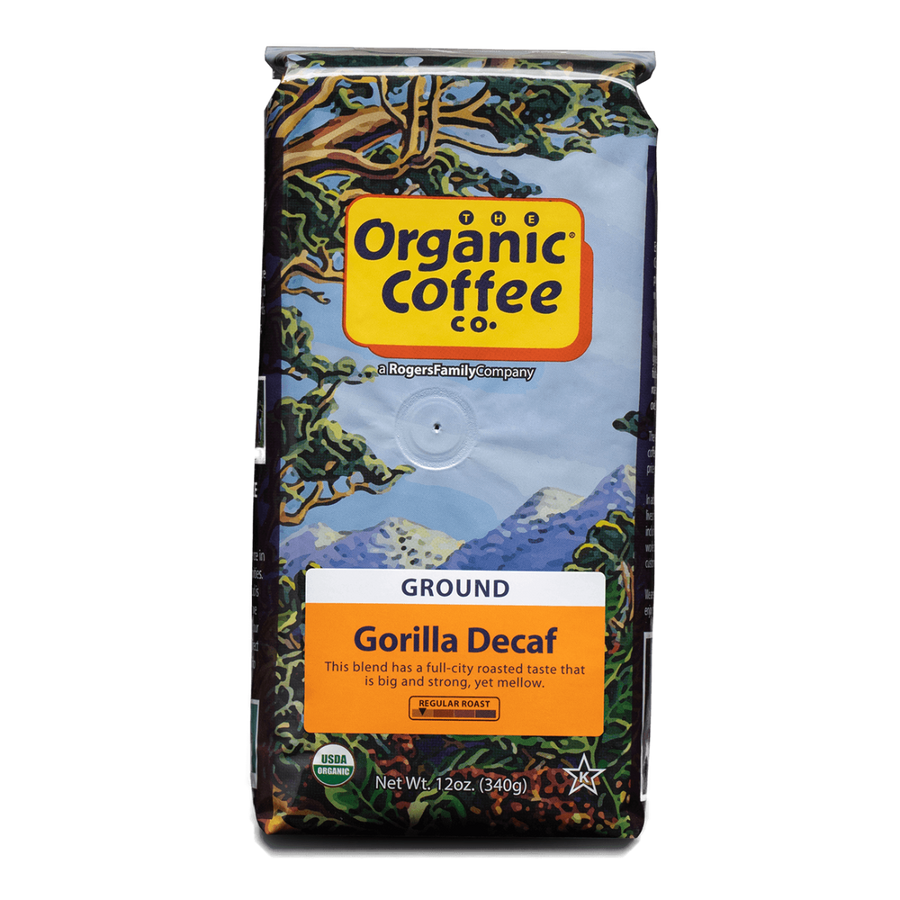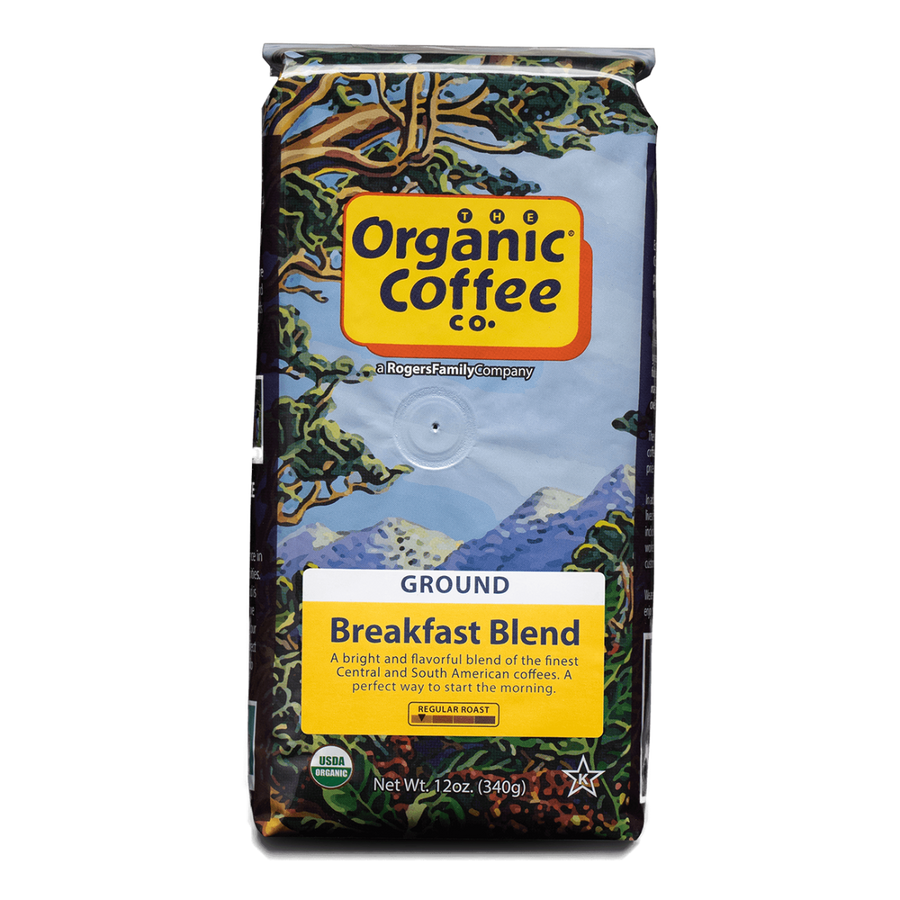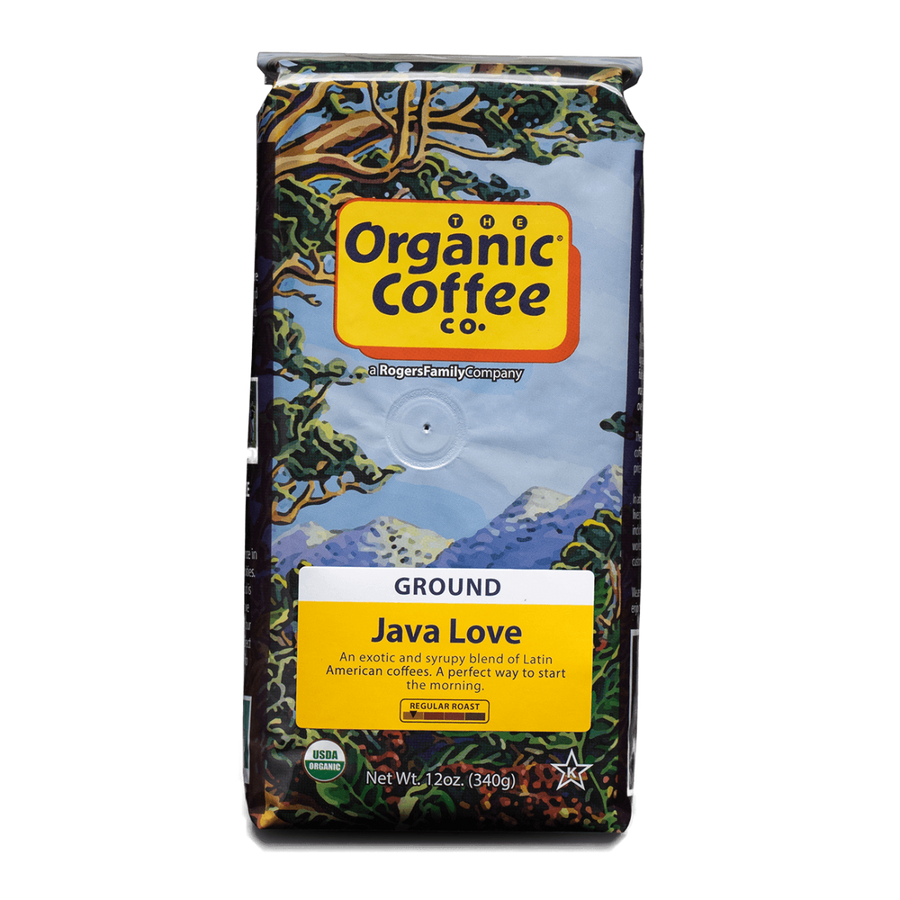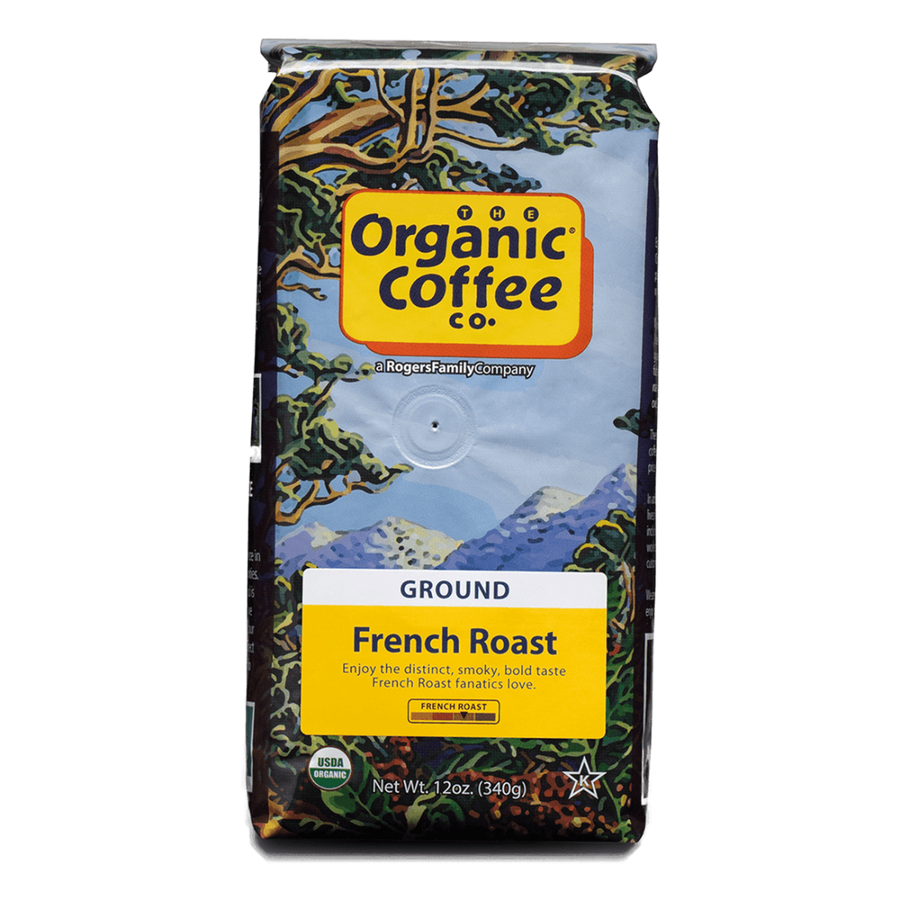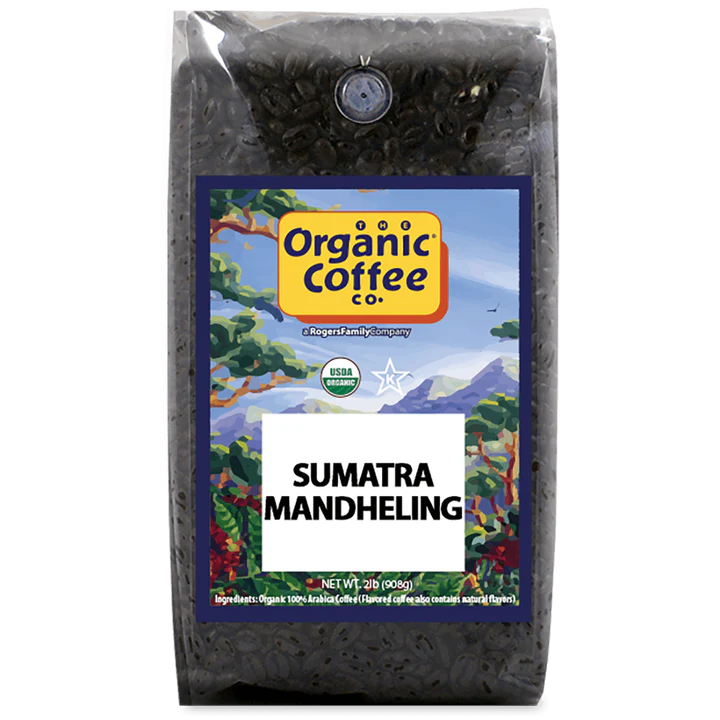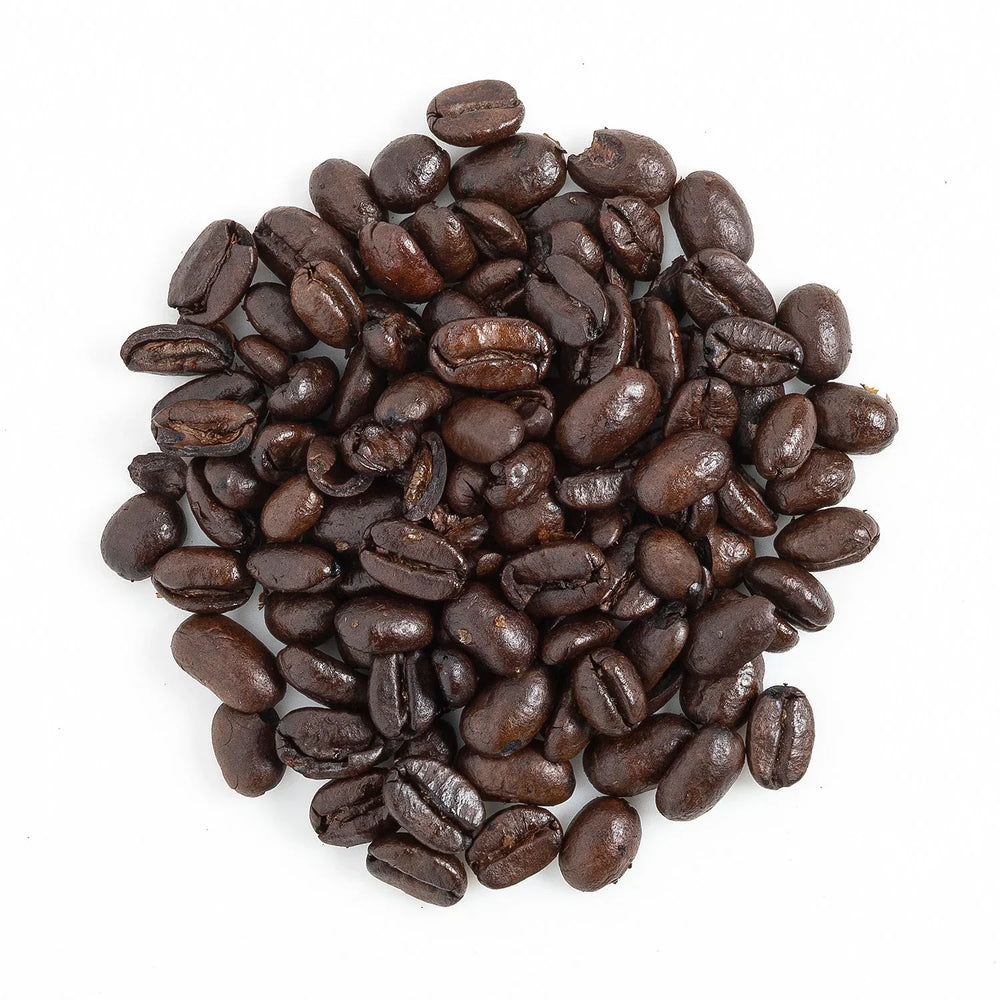
Organic Coffee Company
At San Francisco Bay Coffee, our Organic Coffee Company takes pride in delivering the finest organic, fresh, flavorful, and sustainable coffee. We are passionate about providing coffee lovers with exceptional coffee experiences that delight taste buds, align with a vision for a sustainable future, and give the utmost respect for the farmers and land. All of our products feature organic 100% Arabica coffee beans for maximum quality and satisfaction. Beyond coffee, we invest directly in the farming communities we partner with. By purchasing our coffee, you are helping farmers all over the world.
Organic, Fresh, & Sustainable
Organic Coffee Company is dedicated to sourcing and roasting only the highest quality organic coffee beans. The cultivation, harvest, and processing methods are noteworthy and prioritize flavor, sustainability, biodiversity, and fair trade, and stay away from harsh chemicals. Here are the qualities that make our organic coffee stand out:
No Chemical Pesticides or Fertilizers Ever
There are no synthetic pesticides, herbicides, or fertilizers used in any portion of our organic coffee supply chain. Instead, our farmers use natural alternatives like compost, manure, mulching, and companion planting to keep the coffee plants healthy and protect them from pests. These practices benefit coffee, farmers, coffee drinkers, and Earth.
Exceptional Flavor and Freshness
Mass-produced regular coffee prioritizes consistency and standardization, and organic coffee takes a completely opposite approach. With organic coffee, drinks can enjoy a more nuanced and clear taste. This is largely due to healthier soil and lack of pesticides.. When you drink a cup of organic coffee, you can immerse yourself in the flavor and imagine traveling to the coffee farm.
Sustainability at the Core
Enjoying delicious coffee is amazing, but enjoying delicious coffee that is also sustainable is the best. At Organic Coffee Company, we go to great lengths to minimize the impact of our coffee on Earth. We work to protect soil fertility, water quality, and biodiversity while preserving the ecosystem surrounding the coffee plants. Our OneCUP™ pods are compostable, and our roasting facility is Zero Waste Certified at the silver level. This means that 94% of the waste created at our facility is transported to compost fields or recycling centers.
FAQs
USDA Organic-certified coffee meets rigorous standards for organic supply chain management and quality controls. Organic coffee farmers only use natural and organic fertilizers like compost and manure, prioritize biodiversity and sustainability, and practice socially responsible labor practices.
Compared to conventionally grown coffee, organic coffee generally has lower levels of chemical residues which is beneficial for those concerned about the potential health risks associated with pesticide exposure.
The main differences between organic and regular coffee are the certification and farming practices. Regular coffee is grown using conventional methods that may lead to higher levels of chemical residues, leave a higher environmental impact, and follow less rigorous labor practices. Organic coffee is grown using organic methods that may lead to lower levels of chemical residues, leave a lower environmental impact, and follow more rigorous labor practices.
Any San Francisco Bay Coffee that is labeled Organic and all coffees under our Organic Coffee Co. line are certified organic by the United States Department of Agriculture.
Organic coffee offers many benefits, including reduced exposure to chemicals, less environmental pollution, and improved livelihoods for farming communities.
Yes, organic coffee can have a different taste than conventionally grown coffee. However, the difference in taste is not exclusively attributed to organic farming practices. Differences in taste are primarily due to the coffee bean variety, processing methods, and roast.
The jittery feeling that some people experience when drinking coffee is mainly caused by caffeine in the beverage and sensitivity to caffeine. Whether the coffee is organic or regular does not impact the caffeine levels or jitteriness that some people experience. The jittery feeling can also be a result of lower quality beans, such as Robusta Beans. San Francisco Bay uses only higher quality Arabica beans.




